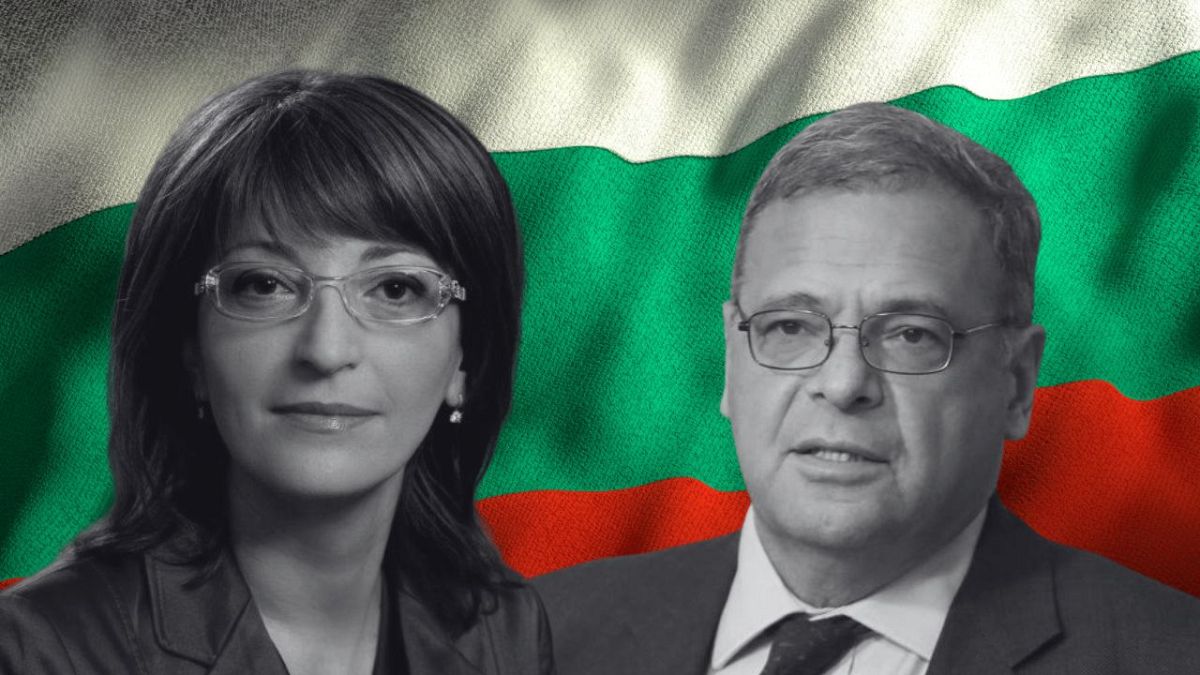Bulgaria has finally decided to propose two candidates, a man and a woman, for the EU executive, following a request by Ursula von der Leyen. Ekaterina Zaharieva, a former foreign minister, and Julian Popov, ex-minister of ecology, will be Bulgaria’s nominees for European Commissioner. This decision was made following discussions between President Rumen Radev and Prime Minister Dimitar Glavchev. If confirmed, Bulgaria will be the only country to meet von der Leyen’s deadline of proposing both male and female candidates by August 30.
Zaharieva, selected by the GERB party, has had a long career in politics and diplomacy. She has served in various ministerial positions, including minister of regional development and public works, deputy prime minister, minister of justice, and foreign affairs minister. On the other hand, Popov, nominated by the Democratic Bulgaria party, has expertise in environmental policy. He served as minister of environment and water and later worked as a senior advisor to the European Climate Foundation, advocating for the transition to renewable energy.
The delay in Bulgaria’s nomination for the EU executive was due to the ongoing political crisis in the country. Currently being governed by a caretaker government, Bulgaria will hold elections on October 27. Despite the delay, Bulgaria has managed to propose its candidates before the deadline. Von der Leyen is facing pressure to appoint more women to the EU executive, as the current tally, excluding Bulgaria, consists of 18 male names and only seven female names. It remains to be seen what portfolio the successful Bulgarian candidate will be assigned by von der Leyen.
The decision by Bulgaria to propose both a man and a woman for the EU executive showcases its commitment to gender equality and representation in the European Commission. By fulfilling von der Leyen’s request, Bulgaria sets an example for other EU member states to follow. The nomination of Zaharieva and Popov highlights the diverse expertise and experience that Bulgaria aims to bring to the EU executive. It also reflects the importance of having balanced gender representation in leadership positions within the European Union.
Zaharieva and Popov’s nominations for European Commissioner come at a crucial time when the EU is facing numerous challenges, including climate change, economic recovery, and geopolitical tensions. Both candidates bring a wealth of knowledge and experience in their respective fields, which will be valuable assets to the EU executive. With Bulgaria’s decision to propose both a male and female candidate, the country is contributing to the diversity and inclusivity of the European Commission, ensuring that different voices and perspectives are represented in EU governance.
In conclusion, Bulgaria’s decision to propose Ekaterina Zaharieva and Julian Popov for the EU executive demonstrates its commitment to fulfilling gender representation requirements and bringing diverse expertise to the European Commission. The nominations highlight the importance of having a balanced representation of men and women in leadership positions within the EU. As von der Leyen faces pressure to appoint more women to the EU executive, Bulgaria’s move sets a positive example for gender equality and diversity within the European Union. With Zaharieva and Popov’s expertise, Bulgaria aims to contribute to addressing the complex challenges faced by the EU and championing sustainable policies for the future.











